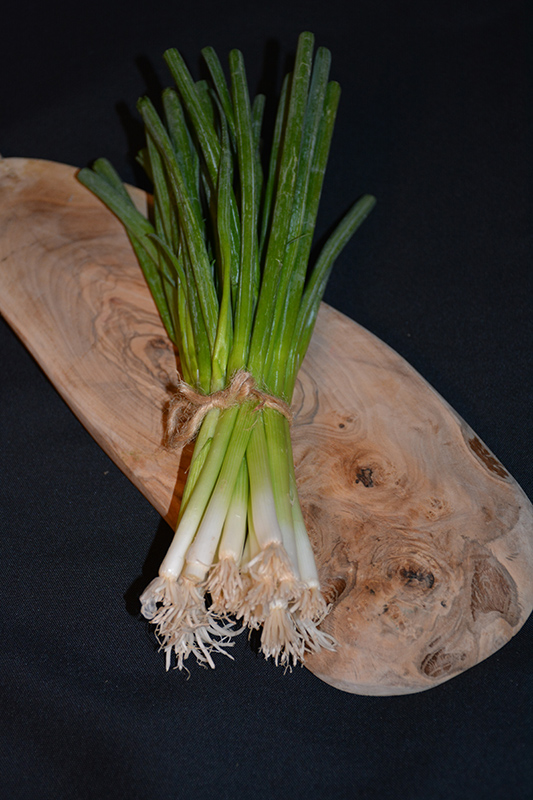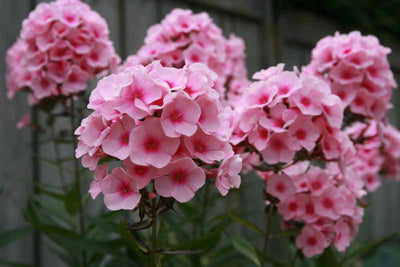Plant Library
White Lisbon Bunching Onion
Allium cepa 'White Lisbon'
Height: 14 inches
Spacing: 4 inches
Sunlight:
![]()
Hardiness Zone: (annual)
Description:
A sun loving variety perfect for patio containers or gardens; these fast growing bunching onions are bright green with small, silvery white bulbs; zesty, crisp and mild, making them a great addition to salads and sandwiches
Edible Qualities
White Lisbon Bunching Onion is an annual vegetable plant that is typically grown for its edible qualities. The entire above-ground parts of the plant are edible, and are usually harvested from early summer to early fall. The edible parts have a zesty taste and a crisp texture.
The plant is most often used in the following ways:
- Fresh Eating
- Eating When Cooked/Prepared
- Cooking
- Baking
Planting & Growing
White Lisbon Bunching Onion will grow to be about 14 inches tall at maturity, with a spread of 4 inches. When planted in rows, individual plants should be spaced approximately 4 inches apart. This fast-growing vegetable plant is an annual, which means that it will grow for one season in your garden and then die after producing a crop. Because of its relatively rapid time to maturity, it lends itself to a second planting later in the season, after the first crop has been harvested; this will prolong the effective harvest period.
This plant is typically grown in a designated vegetable garden. It should only be grown in full sunlight. It does best in average to evenly moist conditions, but will not tolerate standing water. It is not particular as to soil type or pH. It is highly tolerant of urban pollution and will even thrive in inner city environments. This is a selected variety of a species not originally from North America.
White Lisbon Bunching Onion is a good choice for the vegetable garden, but it is also well-suited for use in outdoor pots and containers. It is often used as a 'filler' in the 'spiller-thriller-filler' container combination, providing the canvas against which the larger thriller plants stand out. Note that when growing plants in outdoor containers and baskets, they may require more frequent waterings than they would in the yard or garden.





